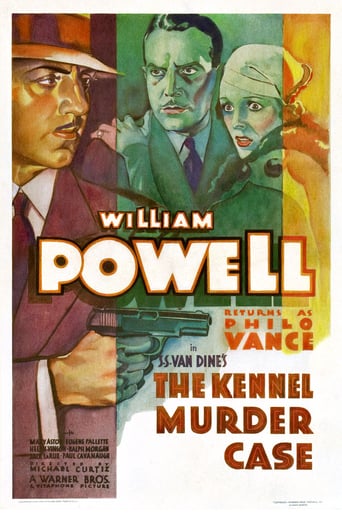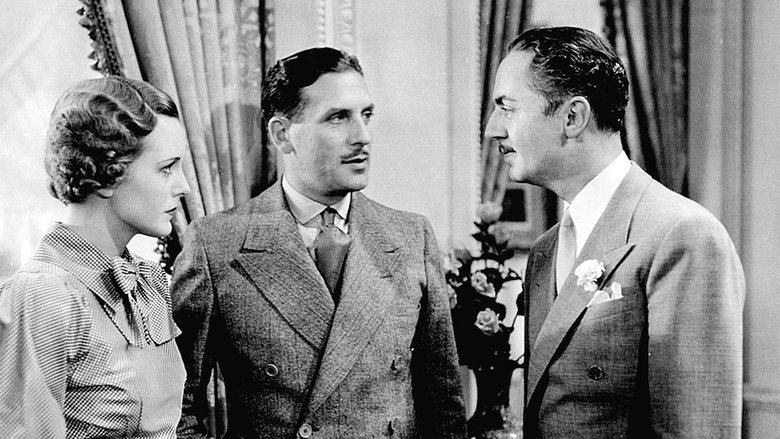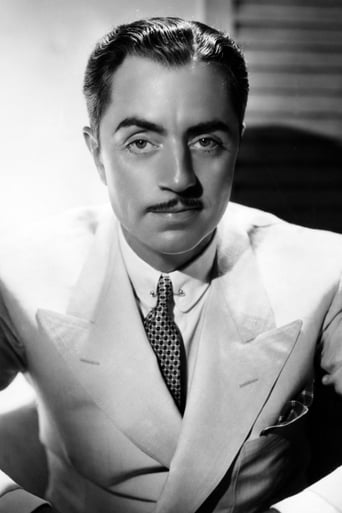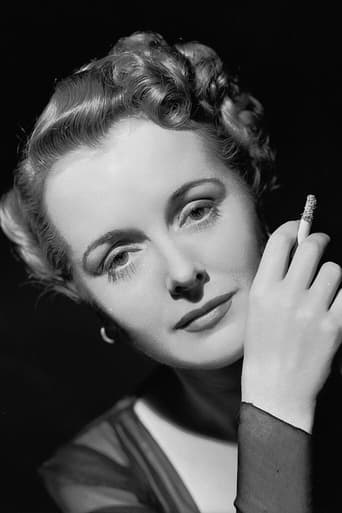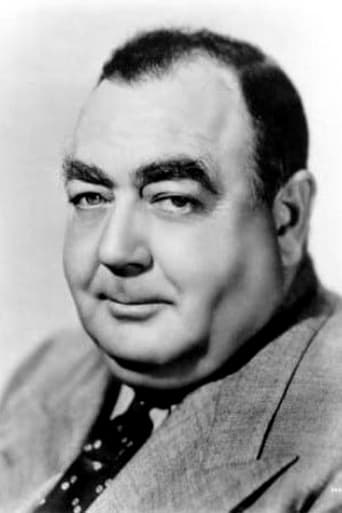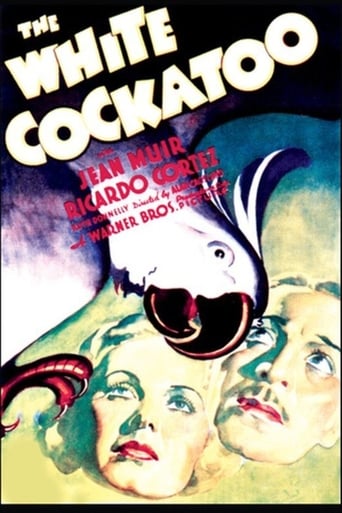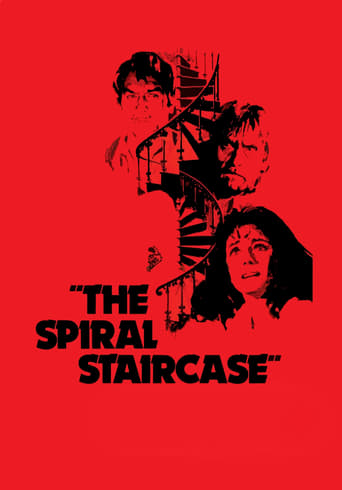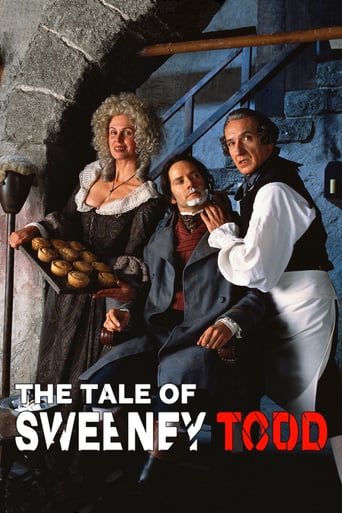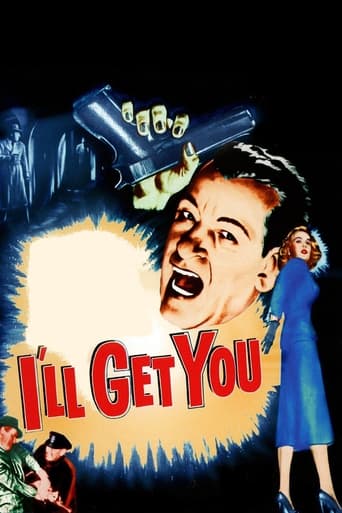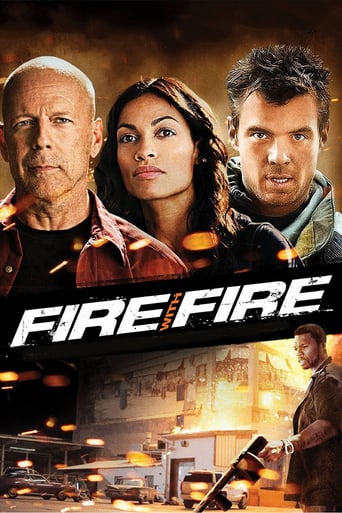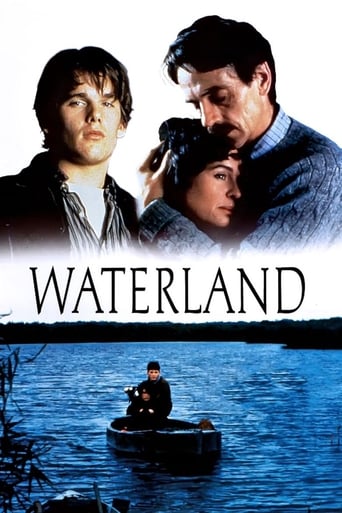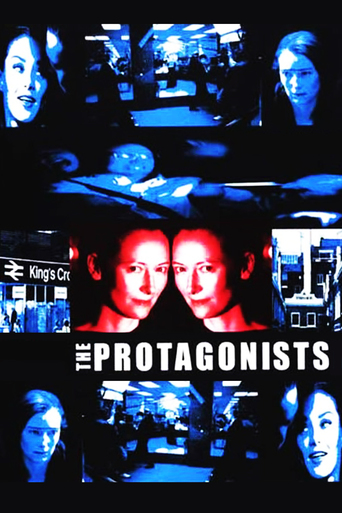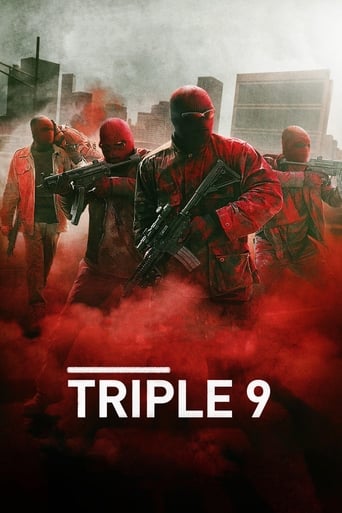The Kennel Murder Case (1933)
Philo Vance, accompanied by his prize-losing Scottish terrier, investigates the locked-room murder of a prominent and much-hated collector whose broken Chinese vase provides an important clue.
Watch Trailer
Cast


Similar titles
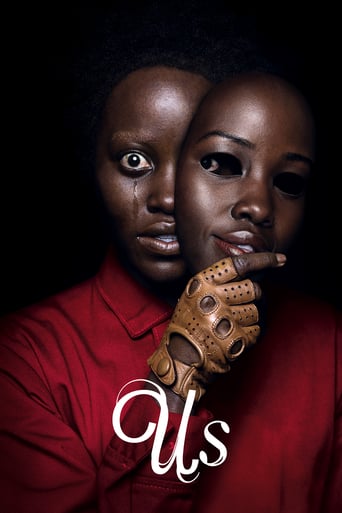
Reviews
A man has been killed in a room locked from the inside. The police are baffled so they call in Philo Vance (William Powell). Easily the best of all of the Philo Vance films. This is due to the direction of Michael Curtiz and the star power of William Powell. Curtiz's direction is much more polished than the previous Philo Vance movies, which were early talkies and therefore creaky. William Powell reprises his role as Vance from the first three movies. He was absent in The Bishop Murder Case. His personality is a large part of why I enjoyed this one. I'm not crazy about Philo Vance compared to many of the other movie detectives from the '30s and '40s. But he's entertaining with Powell playing him. More due to Powell's personality shining through than the appeal of Vance as a character. It's a very entertaining murder mystery with a terrific supporting cast. I particularly enjoyed Eugene Palette's police detective and Etienne Girardot's coroner. If you are a fan of classic detective films you will definitely love this one.
After just watching The Kennel Murder Case for the second time, I can't believe that it only rates a 6.8 here. First, it's a very well scripted mystery. Second, there are no foolish 'comic relief' character, and the police sergeant, while not particularly bright, at least isn't the cartoon character policemen often were in the 1930s films. Third, given the year this was made - 1933 - the acting is surprisingly modern and naturalistic. There are other movies from the same year that sound like the actors just came from a silent film set - stagey and stilted, with the stiff, posed acting that had been so common. The acting in this film would fit right into a late-30s Charlie Chan film.William Powell has already worked out his persona here - the same we'd see later in the Thin Man series, if on the more serious side here. And Mary Astor and those fabulous hats! The world went to hell when people stopped wearing hats. I gave this nine start in context - for the time it was made, it was a very special production. Many similar films suffer from an excess of comic relief, or cartoonish characters. The Kennel Murder Case set a standard for others to follow.
There were times when this movie seemed to get a whole lot more complicated than it needed to be, but I guess that's part of it's charm. Detective Philo Vance's powers of observation seem greater than all the Oriental sleuths of the era combined when it comes down to that final evaluation of how the murders were committed. The dropping of the dagger into the Chinese vase was the kicker for me; I mean, couldn't somebody have just dropped it? Vance (William Powell) had a line early in the film about Archer Coe's 'psychological impossibility' to kill himself - I had to think about that for a while. I was left wondering if there's some scientific basis in fact for that concept to be true, not having studied psychology myself. Seems logical, but then there's always the case that doesn't fit the rules.You know, I got a kick out of the agitated coroner (Etienne Girardot), who reminded me of Star Trek's Dr. McCoy the couple of times he stated "I'm a doctor, not a magician" and "I'm a doctor, not a detective". I can picture DeForrest Kelley watching the film and saying to himself - 'I'll have to use that sometime'.Once the killer's identity is revealed, it doesn't seem like such a big surprise, but up till then it's really anybody's guess. But Archer and Brisbane Coe aside, the film didn't answer the central question posed by the title, and the murder I was really interested in - who killed Sir Thomas MacDonald's dog Ghillie?
"Markham," says urbane gentleman crime-solver Philo Vance (William Powell) to the district attorney, "I'm coming more and more to the belief that Archer Coe was killed in this room. That poker, this dagger sheath, now these fragments...it's all here." "But Vance," Markham says, "do you mean to tell me a dead man walked upstairs?" "I'm not trying to tell you anything but the facts," Vance says. "This is the most remarkable case in my experience." We're sympathetic. Wealthy, arrogant Archer Coe, disliked it seems by all who knew him, had been found slumped in a chair in his bedroom, pistol in his hand and a gunshot wound to his head. But wait. Further examination shows Coe had been hit hard by a blunt instrument that fractured his skull. Then there's the dagger wound in his back. Complicating matters is that Coe's bedroom door and windows all had been locked from the inside. Coe was no suicide; this was murder. But how could the killer have escaped? What was the specific motivation since there are so many suspects? And why was Coe's brother, Brisbane Coe, found dead in the main-floor closet? The Kennel Murder Case, now 73 years old, still provides a stylish look at the old locked- room classic whodunit. What makes it work as well as it does is, first, the mystery is complicated and clever, but still is logical. Second, is the amusing, assured performance of William Powell. Consider his work as Philo Vance as something as a rehearsal for his great performances as Nick Charles. Few things escape Vance. He uses his wits to piece things together. He's also good company. Powell was a star in the Twenties and moved steadily upward in status and popularity when the talkies took over. His intelligence, style and effortless sophistication have made him one of the most contemporary-seeming of actors from the past. Also pleasant is seeing a few other great faces. There's Mary Astor as Hilda Lake, the young, resentful and potentially rich ward of Coe; Paul Cavanaugh as a titled Brit hovering around Hilda; Helen Vinson with her notably sultry and selfish manner (watch her really do her stuff in Vogues of 1938); Etienne Giraudot, a small elderly man as the fussy Dr. Doremus, whose job as coroner and medical examiner keeps taking him away from his meals; and Ralph Morgan as Archer Coe's private secretary. This movie has a high percentage of middle-aged men without an ounce of fat who can wear snug, English-cut tailored suits with ease. Most of all is Eugene Palette, with his noble belly and gravel voice, as Detective Sergeant Heath. Sergeant Heath and Vance are long-time acquaintances who actually seem to like each other.

